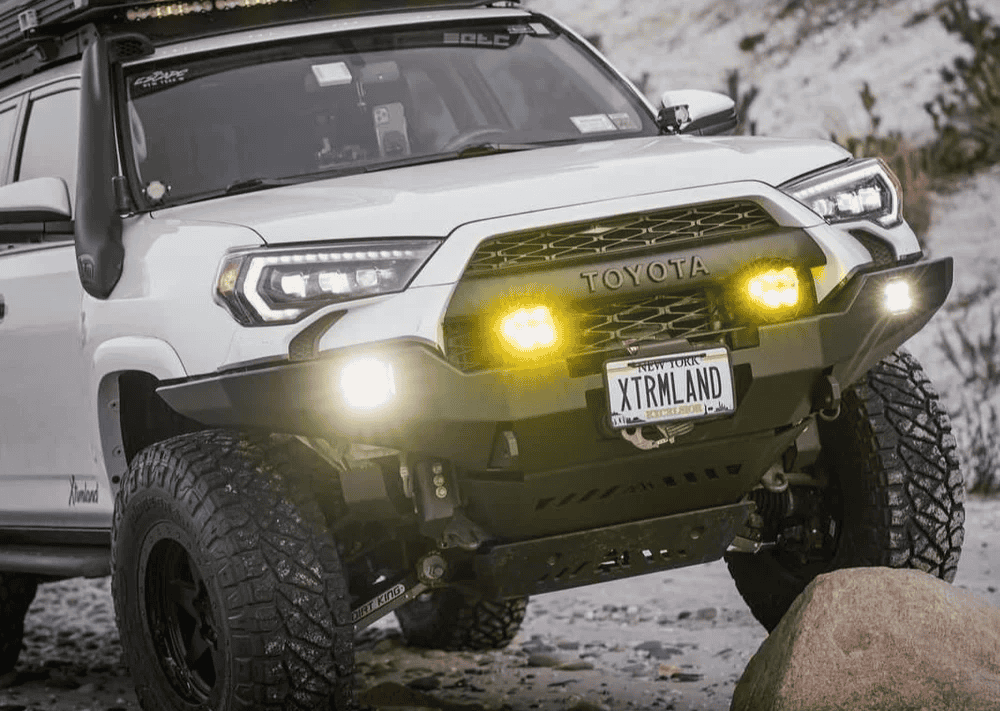Overland Vehicles

The true cost of an off grid overland setup depends on a few core systems. Power and charging dictate what you can run and for how long. Water storage and heat decide comfort and safety. Suspension, tires, and armor protect the vehicle when the route gets rough. Recovery and lighting help you manage uncertainty after dark or in bad weather. Plan these pillars first, then add nice to have items later.
A dependable house battery is the heart of off grid travel. Quality lithium batteries range from about 700 to 2,500 per 100 to 300 amp hours, while inverters that power outlets and induction can add 300 to 1,500. Solar panels and charge controllers span 300 to 1,500 plus 150 to 500, and a DC to DC charger for alternator charging often lands near 200 to 600. Wiring, fuses, bus bars, and mounts usually add 200 to 600. Professional installation can run 1,000 to 3,000 depending on scope and vehicle packaging. Expect 3,000 to 9,000 for a well balanced off grid power system.
Clean water and heat increase range and comfort. Tanks from 10 to 30 gallons cost roughly 100 to 500, with pumps and plumbing near 50 to 500. Filtration and UV or carbon elements range 100 to 300. Compact water heaters sit around 150 to 800. Many travelers choose a 12 volt fridge freezer from 600 to 1,500 for food safety over ice chests. Cooking can be induction with the right battery bank, or portable gas with proper ventilation and storage. This category often totals 600 to 2,300 before a premium fridge, or 1,200 to 3,800 with it.
Traction and protection prevent costly trail damage. All terrain tires run 800 to 1,600 per set, and quality suspension upgrades are often 800 to 4,000. Skid plates, rock sliders, and bumpers may add 800 to 3,000 depending on materials and coverage. Roof or bed racks typically range 500 to 2,000 and help mount solar, awnings, and gear. Add alignment and potential gearing or brake service after heavier mods. A careful plan here protects payload and handling while keeping ride quality in check.
It helps to think in tiers. A weekend ready baseline often lands between 4,000 and 9,000. That usually covers a modest lithium battery bank, simple solar, a compact fridge, basic water storage, tires, a compact compressor, and a recovery kit. Extended off grid range typically runs 10,000 to 20,000. That adds higher capacity batteries, robust charging, targeted armor, upgraded suspension, and better lighting and comms. Expedition level packages often fall around 25,000 to 60,000. That range reflects heavy duty suspension, comprehensive armor, large energy storage, dual charging inputs, premium lighting, onboard air, and advanced water and heat systems. All figures exclude the base vehicle and vary by platform and labor.
If you prefer a proven shop to scope and integrate these systems, the team behind Explore overland rigs builds complete trail capable vehicles with power, water, suspension, and recovery dialed to the route you plan to drive. For tailored upgrades that fit your current platform, see Custom overland upfit. New to our approach and standards for reliability and service support? Learn more at Why choose OZK Customs.
You now have a clear framework to price an off grid overland setup by system, and to assign a budget tier that matches your actual travel. OZK Customs can translate that plan into a cohesive build, from energy storage and multi source charging to suspension, armor, and recovery, all matched to your terrain and payload. Share your must haves and trip goals and we will spec the right components, install them cleanly, and hand you a rig ready for real miles.
Ready to price your off grid build with confidence? Send us your trip goals, vehicle details, and must haves. OZK Customs will spec the right power, water, suspension, and recovery systems, then deliver a clear quote and timeline. Start your quote today and turn planning into real miles.
ADDRESS:
6159 E Huntsville Rd, Fayetteville, AR 72701
PHONE:
(479) 326-9200
EMAIL:
info@ozkvans.com